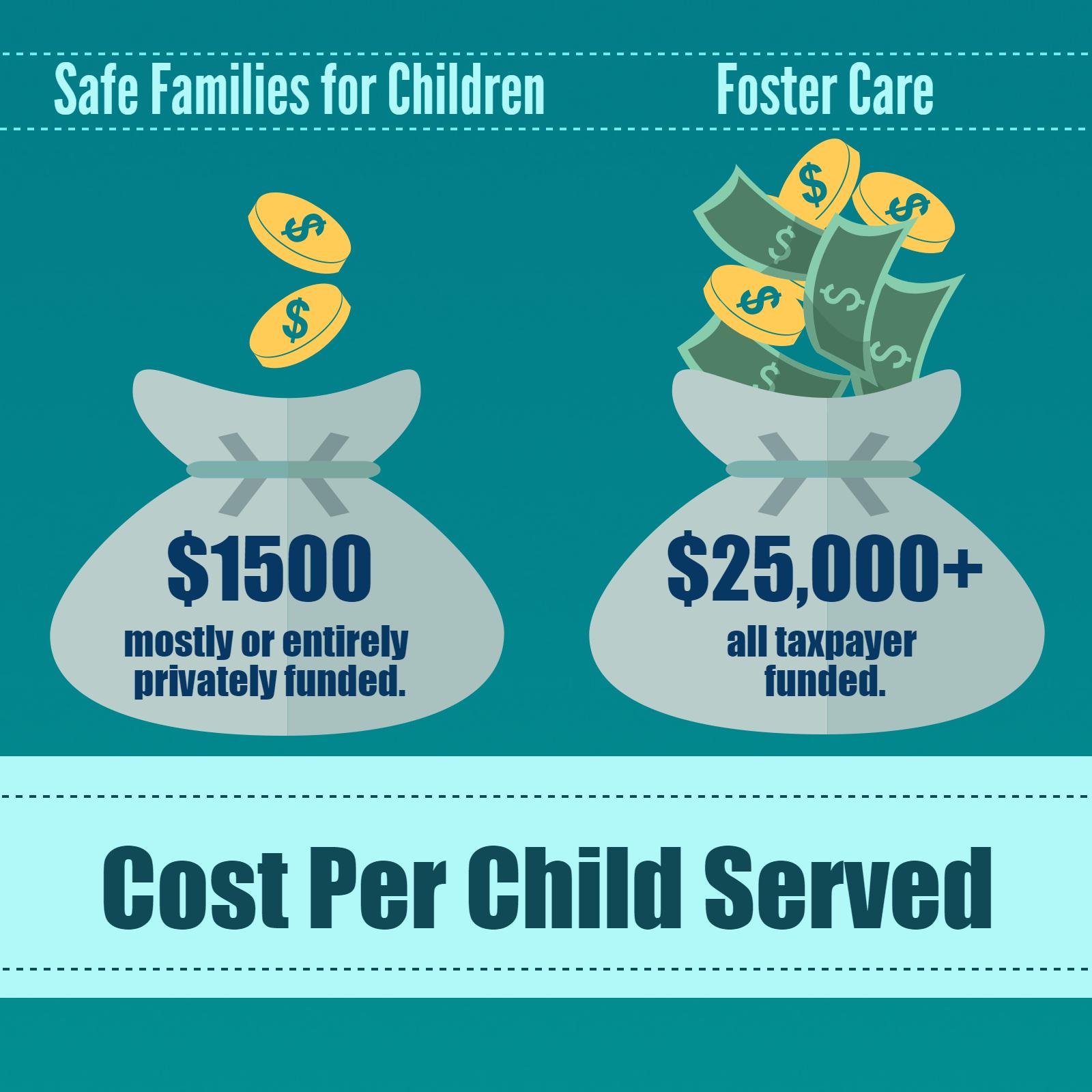Healthcare Industry Update 2016

“Right to Try” and “Volunteer Care” are bipartisan, common sense pieces of legislation drawn from experiences in other states that are aimed at lending a hand to the most vulnerable among us, when they need it most. Below is a brief update explaining how these new laws work. Right to Try In June, Governor Haley












